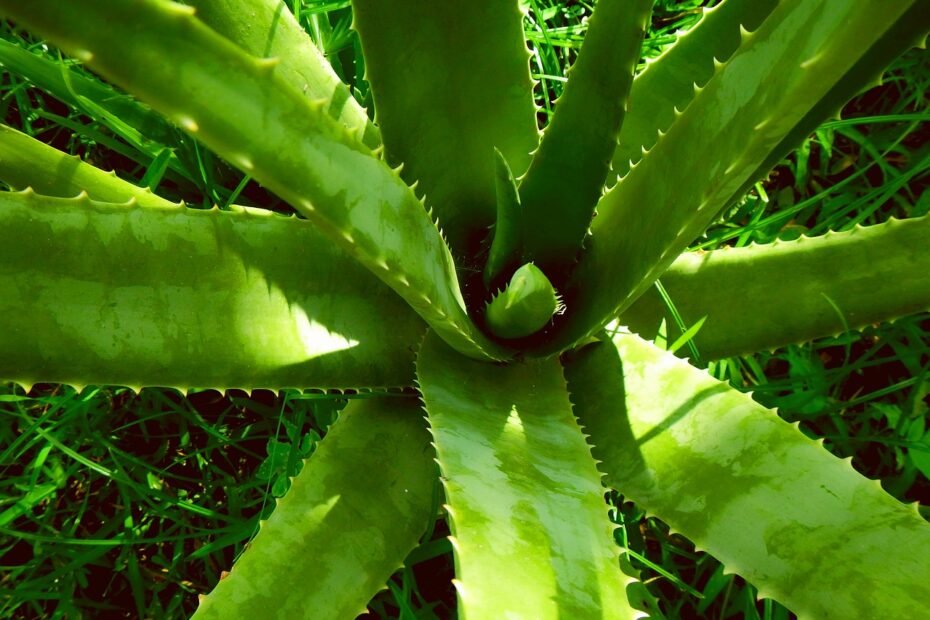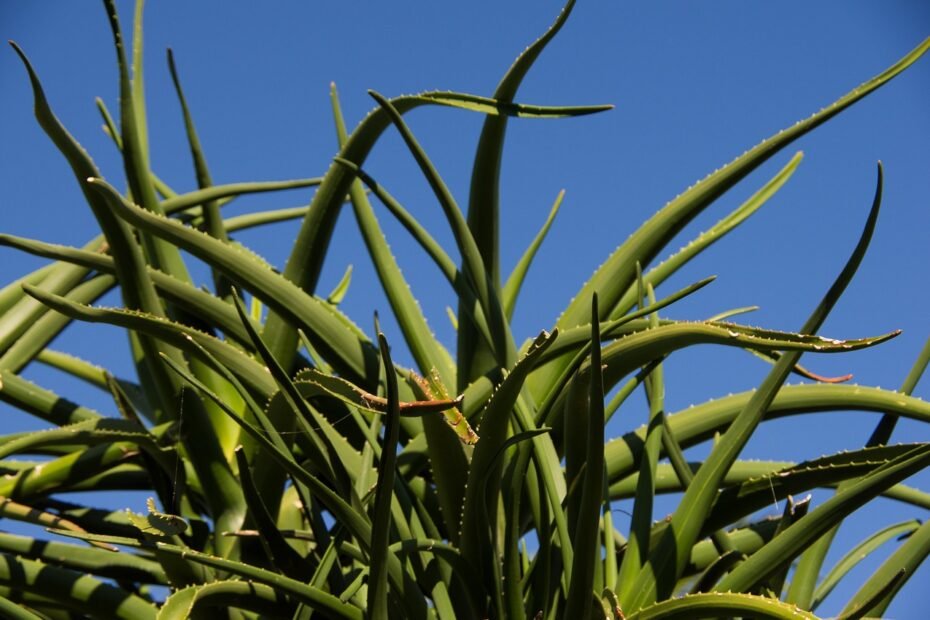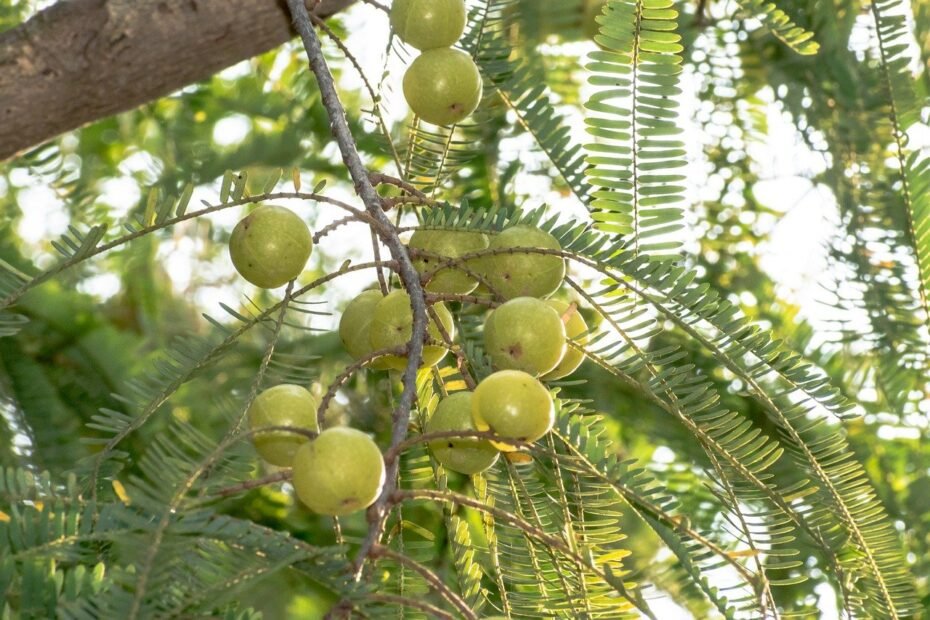Marigold flowers are popular garden plants known for their bright colors and ability to keep pests away. These flowers, belonging to the Tagetes genus, are often found in home gardens, bordering walkways, and in decorative pots. While they add a splash of color and a pleasant fragrance to our environment, pet owners frequently wonder if marigolds are safe for their furry friends. Specifically, are marigold flowers poisonous to dogs and cats?
The Allure of Marigolds
Marigolds are beloved for their easy maintenance and cheerful, vibrant blossoms. They come in various hues, including yellow, orange, red, and sometimes mixed shades. Additionally, marigolds are often cited as companion plants due to their ability to repel insects and even some garden pests. However, as harmless as they seem, the safety of our pets when they are around these plants is an important topic to consider.
Types of Marigolds
Two main types of marigolds are commonly found in gardens:
- Tagetes (French and African marigolds): These marigolds are commonly used as ornamental plants and have a distinctive, somewhat spicy scent.
- Calendula (Pot marigold): This is not a true marigold but is often called one. It is more medicinal and is sometimes used in herbal remedies and skincare products.
Are Marigolds Poisonous to Dogs?
When it comes to dogs, marigold flowers are generally considered to be mildly toxic. The most common reaction a dog might have after ingesting marigolds includes irritation in the mouth, drooling, stomach upset, and possible vomiting. The severity of these symptoms can depend on the amount of the plant consumed.
Specifically, the Tagetes species can cause some mild gastrointestinal issues for dogs. However, these symptoms are usually self-limiting and not life-threatening. It’s essential for dog owners to monitor their pets and consult a veterinarian if they suspect their dog has ingested any part of a marigold plant.
Impact on Cats
Cats, known for their curious and playful nature, can also be affected by marigold flowers. Similar to dogs, cats that ingest marigolds may experience gastrointestinal upset. The symptoms can include drooling, vomiting, and diarrhea. Some cats may also show signs of skin irritation if they come into direct contact with the plant’s sap.
The overall toxicity of marigolds to cats is considered low. However, just like with dogs, it’s advisable to keep an eye on your feline friends if they have been around these flowers. Should you notice any signs or symptoms of distress in your cat, a quick call to your vet can provide peace of mind.
Why Are Marigolds Irritating?
The irritation caused by marigolds can be linked to naturally occurring compounds within the plants. The sap and flowers contain substances that can be mildly toxic or irritating when ingested by pets. These compounds can lead to the common symptoms like drooling, gastrointestinal issues, and skin irritation. Despite their attractiveness and uses, it’s these compounds that can make marigolds problematic for pets.
Observing Behavioral Changes
Pet owners should always be vigilant about changes in their animals’ behavior, particularly after they’ve been in contact with plants. If a dog or cat begins to show signs of discomfort such as excessive drooling, vomiting, or lethargy, it could be a reaction to something they have eaten or come into contact with, such as marigold flowers.
Acting promptly can prevent minor issues from escalating into more worrisome situations. It’s undeniable that pets love to explore their environments, and flowers can be an alluring, albeit hazardous, distraction.
Non-Toxic vs. Irritant
It’s crucial to differentiate between a plant being outright toxic and being an irritant. Marigolds fall into the latter category for most dogs and cats. While they are not highly toxic, they can be enough of an irritant to cause temporary discomfort for your pets. The distinction is important for context, as true toxicity would imply a more severe, often more dangerous range of symptoms.
What to Look for in the Garden
Pet-safety doesn’t have to mean the end of having marigolds in your garden. Awareness and observation are key. Ensuring that your pets don’t have unsupervised access to garden areas where these flowers are planted can be an effective way to mitigate the risk of them ingesting or coming into contact with the plants. It’s about finding the balance between enjoying the beauty of your garden and keeping your furry family members safe.
Conclusion
Marigold flowers generally pose a low risk of toxicity to dogs and cats. While they are considered mildly toxic, causing symptoms such as gastrointestinal upset and skin irritation, they are not usually life-threatening. Pet owners should still monitor their pets around these flowers and consult a veterinarian if they suspect their pet has ingested a marigold plant. Ultimately, marigolds can safely coexist in a pet-friendly garden as long as certain precautions are taken.
Health Disclaimer: This blog post is for informational purposes only and should not be taken as professional veterinary advice. Always consult a veterinarian for any concerns about your pet’s health.
Sources
- ASPCA Animal Poison Control Center
- Pet Poison Helpline
- The American Veterinary Medical Association (AVMA)






